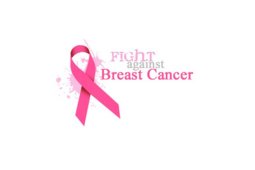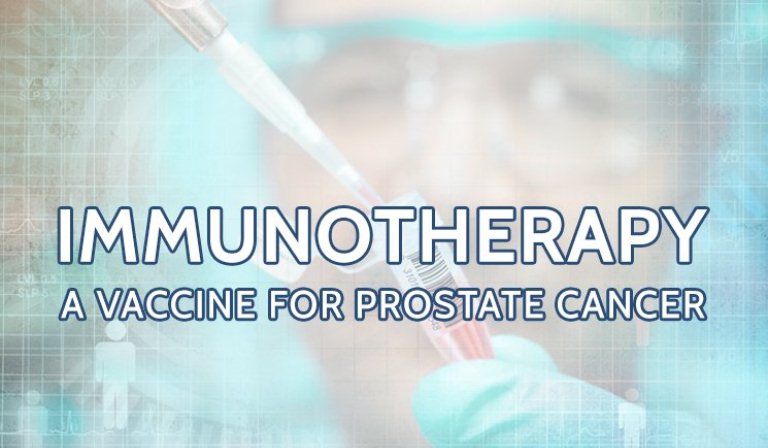Categories
- Bariatric Surgery (11)
- Black Fungus (5)
- Bone Marrow transplant (3)
- Brain Tumor Surgery Navigation Technology (20)
- Cardiac Surgery (66)
- Cardiology (97)
- Computer navigation technology for joint replacements (20)
- Covid Vaccination (17)
- Critical Care (2)
- Dental (19)
- Dermatology (31)
- Dialysis Support Group - “UTSAAH” (11)
- Dietitian (33)
- Emergency Medicine (4)
- Emotional Health (11)
- Endocrinology (33)
- ENT (20)
- Gastroenterology and GI Surgery (53)
- General and Laparoscopic Surgery (21)
- General Surgery (4)
- Gynecology & Obstetrics (183)
- Hematology (20)
- Internal Medicine (294)
- Kidney Transplant (50)
- Kidney Transplantation (20)
- Lung Cancer (8)
- Minimal Invasive Surgery (1)
- Mother & Child (20)
- mucormycosis (5)
- Nephrology (61)
- Neurology (147)
- Neurosurgery (68)
- Nutrition and Dietetics (107)
- Omicron Variant (1)
- Oncology (288)
- Ophthalmology (10)
- Orthopaedics & Joint Replacement (86)
- Paediatrics (59)
- Pediatric Nephrology (3)
- Physiotherapy (5)
- Plastic & Reconstructive Surgery (6)
- Psychiatry and Psychology (90)
- Psychologist (28)
- Pulmonology (72)
- Rheumatology (13)
- Spine Services (21)
- Transradial Angioplasty (16)
- Urology (84)
Query Form
Posted on Apr 19, 2022
Breast Cancer & Genetic Counseling
Breast Cancer is the most common cancers in females, round the world & it is the 2nd most common cancer in India.
Most of the Breast cancers are sporadic & due to multiple factors including hormonal & environmental. But 5 – 10 % of breast cancers are familial or hereditary.
Almost all cancers are caused by damage or mutation in their genes, acquired from environmental exposure, dietary factors, hormones, normal aging process. In 90% of cases, these genes do not pass from parents to children. But in 5 % of cases, these genes pass from parents to children leading to cancers – these are known as familial or hereditary cancers. These cancers come at an early age, as compared to sporadic/non-hereditary cancers.

Mutations of BRCA-I & BRCA-II are responsible to 85% of hereditary breast cancers. Women with these genes have a life time risk of developing breast cancer. Their risk factor ranges from 60 – 90 %. These women also have about 20 – 40 % increased life time risk of developing ovarian cancer.
People having a family history of breast cancer have also a 20 – 40 % risk for developing bilateral/contralateral breast cancer .So, it is advisable that they undergo genetic testing, If the tests are found to be positive, they are advised to take adequate precautions .
The 1st (daughter > 18 year age) / 2nd degree (Sisters/mother) blood relations of the patient should also undergo genetic testing.
Some of the risk factors for breast cancer in women are:-
- Early menarche
- Late menopause
- No child or 1 -2 children
- 1st child birth after the age of 30 year
- A typical lobular / Ductal Hyperplasia
- Long term, Post-menopausal, Estrogen replacement.
- Early exposure to Ionizing radiation
For breast cancer risk assessment, we have the Gall model & Ibis model, which takes into consideration all the risk factors in addition to BRCA – I & II gene mutation so as to calculate the overall, life time risk of developing breast cancer.
High risk women & those with BRCA I & II the mutation should consult a genetic counselors for cancer risk assessment.
Recommendations for Women with the BRCA test
- Early screening using mammography and MRI
- Chemo prevention using Tamoxifen
- B/L Prophylactic mastectomy (prevents breast cancer by 90 – 100%)
- Prophylactic B/L salpingo- oophorectomyreducer breast cancer by 50 % & ovarian cancer by 95%
Your treatment or management protocol should be advised by a breast cancer specialist. It is best that you contact one if you have a family history that suggests the same.



